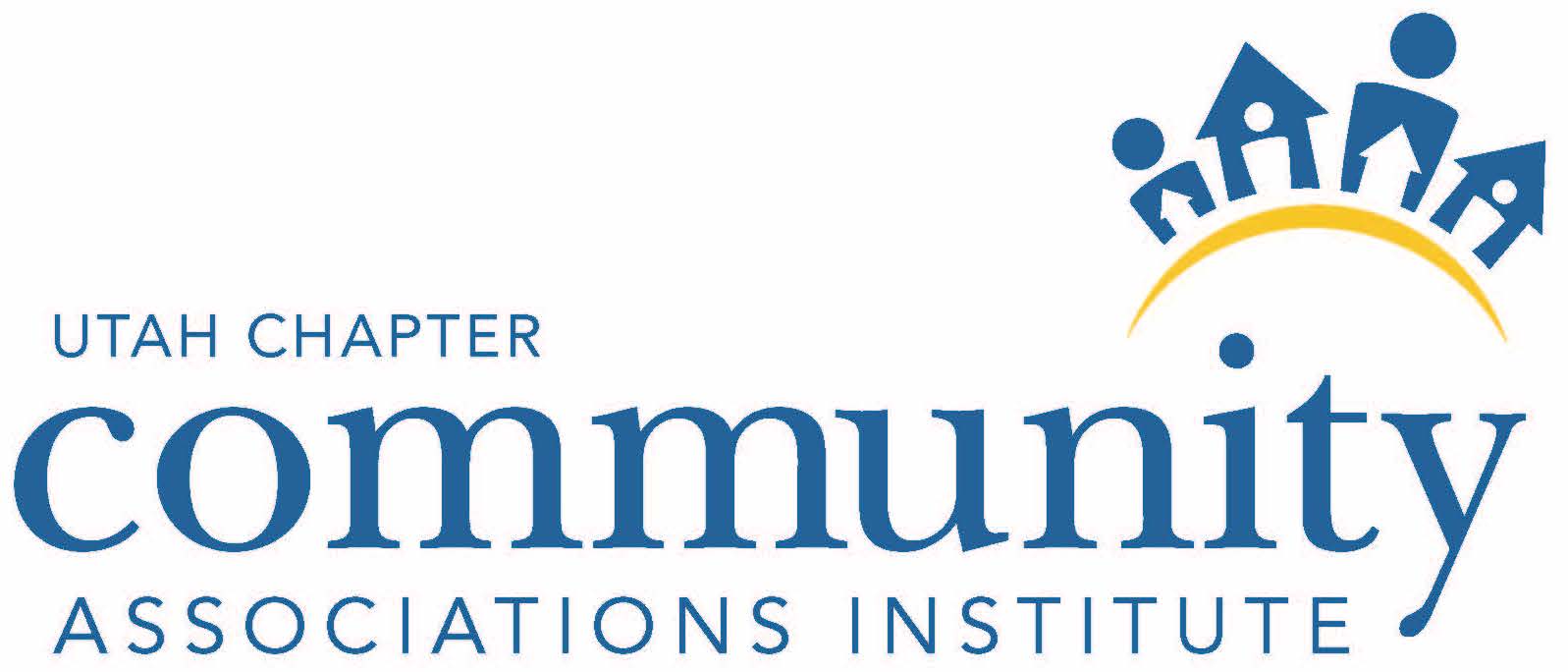Reserve Funds - Top 10 Best Practices for Community Managers
by Bruce Bent II, Landing Rock
As a community manager, ensuring the financial stability and sustainability of the homeowners’ association, condominium, or co-op you oversee is paramount. Over the past few years this has become even more important as a glaring spotlight has been shining on reserves lately.
The Top 10 List
1. Prudent Investment - Safeguard the reserve fund by investing in low-risk, liquid assets. Consider high yield cash accounts that offer more than $250,000 in federal insurance coverage, as well as access to nationwide certificates of deposit. Don’t get trapped with a local bank or credit union paying low or no interest.
2. Conduct Regular Reserve Studies - Engage with professionals to conduct reserve studies every three to five years. These studies assess the remaining lifespan and replacement costs of community assets, guiding how much should be saved.
3. Accurate Budgeting - Integrate reserve funding needs into the annual budgeting process. Ensure the budget reflects both operational expenses and the amount needed to maintain a healthy reserve fund.
4. Ensure Compliance - Familiarize yourself with state laws and HOA governing documents regarding reserve funds.
5. Educate the Board and Community - Keep the board and homeowners informed about the purpose and status of the reserve fund.
6. Maintain Transparency - Provide regular updates on the reserve fund’s status and planned expenditures. Transparency builds trust and supports community buy-in for necessary fee increases.
7. Set Realistic Goals- Work with the board to establish realistic funding goals based on the reserve study.
8. Monitor and Adjust - Regularly review the fund’s performance and adjust contributions as necessary. Stay proactive in responding to changes in asset conditions or unexpected expenses.
9. Plan for Inflation - Factor in inflation when planning for future expenses. Reserve studies should account for increasing costs over time, ensuring the fund remains adequate.
10. Seek Professional Advice - Don’t hesitate to consult with financial advisors or reserve specialists.
Bruce Bent II is president of Landing Rock in Manhasset, N.Y., which offers high yield accounts for savings and certificates of deposit.


